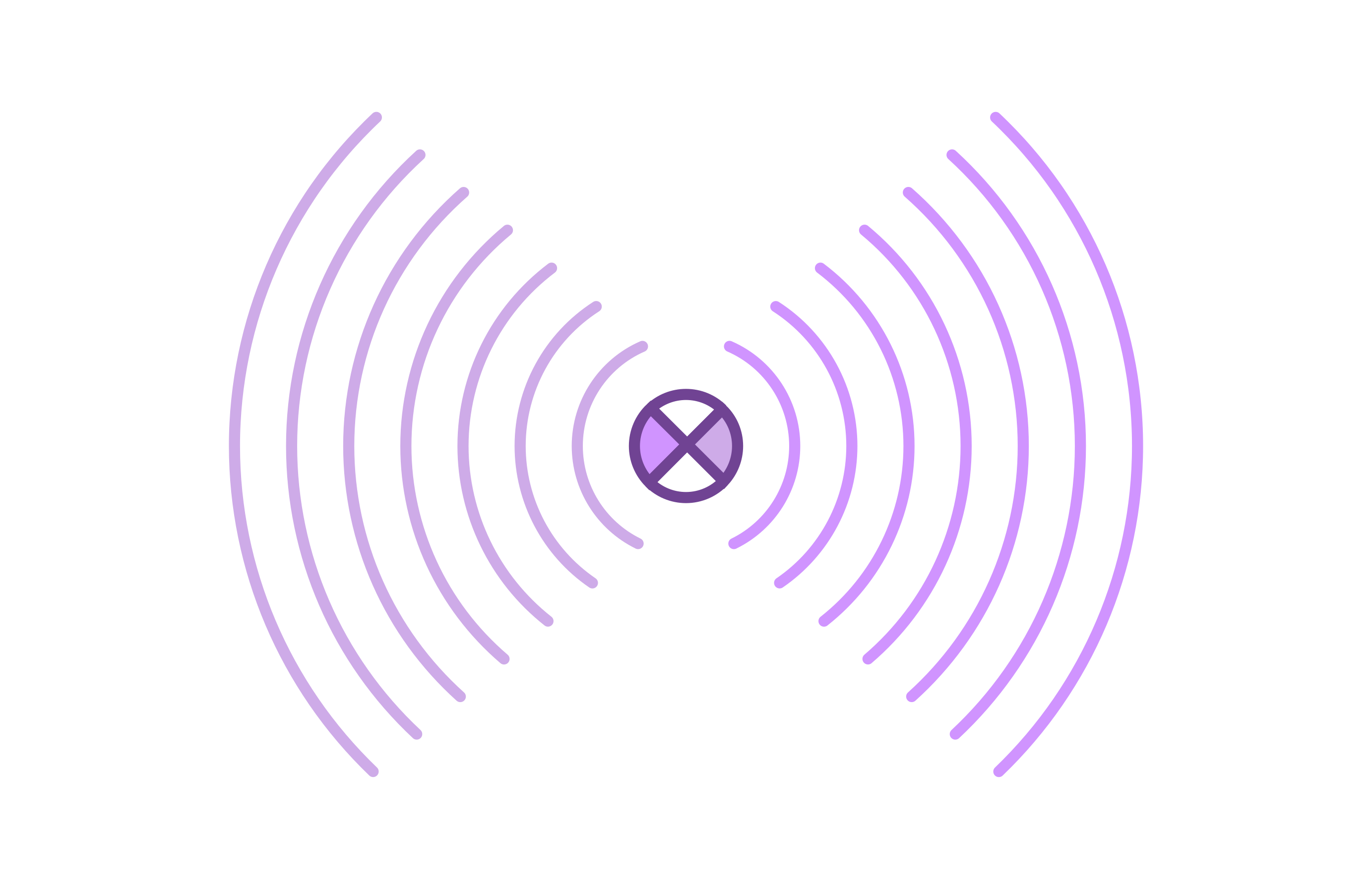The Structure of General Space (2)
We know
We are members
of a family, a community, a society, a ... In general we will use the term "group". There is always some group we are part of. Actually, there is always more than one. We belong to many groups on many different levels, as we might say.
Usually, the membership of one group does not exclude the membership of another group. Members of a political party, for example, can also have a family, a sports club, a nationality, circles or friends in a social network, and so on.
A group's members can refer to themselves as "we" or "us" or so. These terms express identification with the group as well as with its other members.
In a sense, such identification implies distinction. Between us and the other. But there is seldom a distinct boundary. Normally neither the type nor the shape nor the range of the group we currently identify with are exactly determined.
Who we are or what we are is hardly ever reflected. Normally there is no need for it. There is no doubt about it. These questions do not appear.
That's the same with what was called here "identification": We identify with this or that, with different things or different groups, without questioning it, without even being aware of it.
And without explicitly changing any membership or so...
We are many. Each of the many groups we belong to has other members besides us.
"We" does not necessarily mean a whole group. Very often we actually refer to one single member. Sometimes the speaker himself. But most of the time no one in particular, just anyone, no matter whom. Not necessarily an actually existing person. Maybe just a possible example.
So, all in all, we are very variable ... flexible ... in using the terms "we" and "us" ... what is meant by them ... with what we identify ... so to speak - still missing the proper expressions...

We change the perspective
whenever we move. Things look different. Viewed from a different angle. From a different point of view. In a different context. In different surroundings.
A term we will use frequently is "sphere". Somehow it is linked to all these things: our environment, our perspective, our group... Somehow it is linked to us.
We live, so to speak, in a sphere. Always - though not always in the same. It surrounds us. But it is also in us. In a sense we are this sphere.
Maybe we could call it a "mental disposition." It determines what we experience. And how we experience it.
It is formed by what we have experienced formerly. Or, more generally, by what we know. No matter how we have come to it.
So "sphere" has something to do with "knowledge". And several other terms we'll use frequently throughout this project. None of them can be grasped and applied in its full meaning without the others. Isolated, it lacks sense.
Speaking of "knowledge" in combination with "spheres" and "mental dispositions" may nourish the idea that we consider highly subjective topics. Many of us, especially if educated scientifically, will find such considerations fruitless, if not misguided. Missing the real causes of everything, the physical roots. Today mental phenomena are commonly regarded as products or functions of our brains, which are part of our physical bodies, and thus part of the physical world.
Shall we really care about things that do not exist but in an individual brain? Does it matter what I think? Or any other single individual?
Yet, a shift is going on. And that is what this is actually about. Not just a personal shift, but one that can be observed almost globally. It is the shift from "me" to "us", from "I" to "we".
One becomes many. But not an indifferent mass. Traditional masses were homogeneous, centrally controlled, slow in reacting, obeying the strict laws of inertia or almighty leaders. While now we have networks of interacting humans. Which may change everything. In a way that is to be considered here.
So this is also about the shift from dead objectivity - not to empty isolated subjectivity - but to living inter-subjectivity. (Although this term, too, is certainly not yet the be-all and end-all.)
In this chapter, we're still preparing the ground. Therefore we talk about things that won't be discussed in detail later again. As, for example, the meaning or the proper use of words like "us" and "we". (Which, naturally, we'll keep using in the following chapters again and again.)
Knowledge and the spheres and all these things cannot be isolated from us. We stay connected. And that is actually the source of everything.
